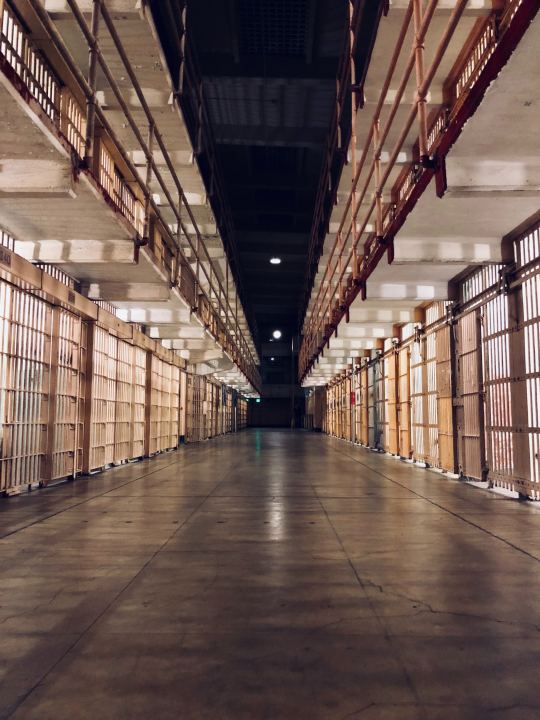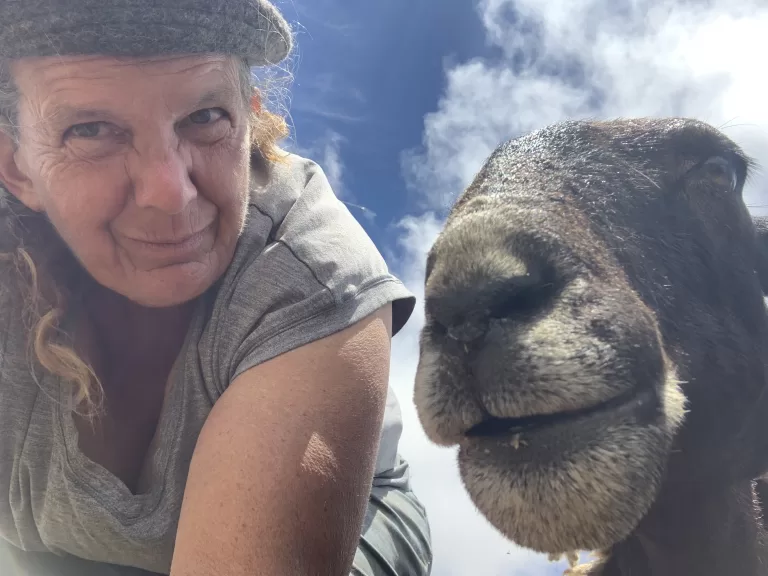13th – Blacks in prison – Modern day slavery?

Photo by Carles Rabada on Unsplash
A riveting and explicit movie about the suffering of blacks in prison called 13th is named after the 13th Amendment which abolished slavery in 1865. The documentary’s theme refers to the 13th Amendment’s clause “except as a punishment for crime” as a perpetuation of slavery under a different name. Just after slavery ended, black men and boys were soon being arrested for petty crimes, and leased as forced labor as their punishment. This injustice in many southern states did not end until the final state outlawed it in 1928.
The movie flashes several older movies and slideshows such as “Birth of the Nation” in 1915, where blacks were portrayed as criminals. Other slides and movies depicted lynchings, referring to the times mobs strung up and killed blacks for perceived or minor offenses. After that era ended, photos of blacks being arrested for crimes continued to persist in an unfair fashion, to the point that many blacks viewed themselves as inferior, something that had already been ingrained during their time in slavery. This saddened and shocked me.
The tough on crime era ushered in the war on drugs, which ultimately swept up more and more people, predominately blacks into the prison system, going from under 400,000 in the 70’s to over 2 million by 1996. The movie also showed explicit scenes of blacks being killed by cops. The purpose of the film’s showing this was to bolster their theme that blacks would never get justice, they would always be slaves under a different name.
After doing some research into some of the claims in the movie, it brought the theme of modern slavery into doubt. Even so, the depth of the injustice was not in doubt to me. This movie wasn’t done with journalistic integrity. The movie’s editors made you think that today’s prisons benefited from the cheap workforce. The privately owned jails houses less than 10% of the jail population. The tough on crime laws only applied to federal offenses which is not how the majority of the prisoners were put into jail. Assata Shakur was featured, but she had been tried and convicted in the slaying of a police officer. Zimmerman accused of killing Trayvon in cold-blood had a broken nose, indicating a fight took place before the shooting occurred.
Changing the prison system would mean changing the community’s perspective on law and order. I personally will be wary of laws and lawmakers “tough” on crime unless they also plan to help people get back on their feet. The church should wake up and be a greater influence by being willing to help released prisoners find housing and employment. All the drug offenses should get a closer look, non-violent offenders should not be punished as they are today. After watching this movie, the depth of injustice has my attention like never before, and it also leaves me wondering how to help.

